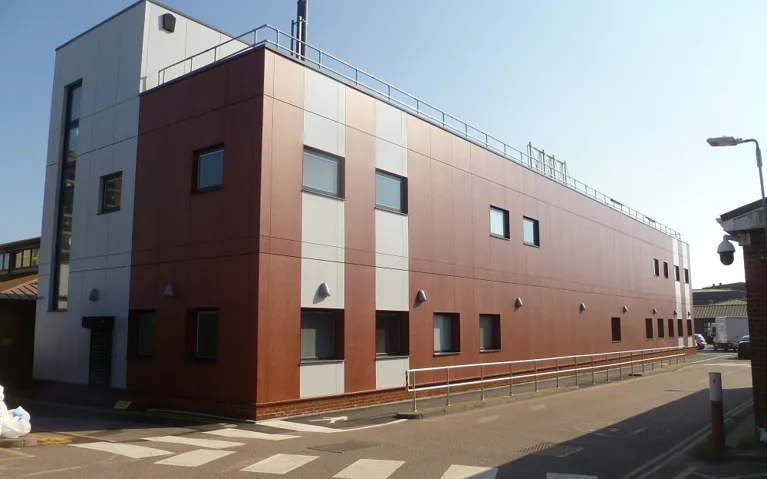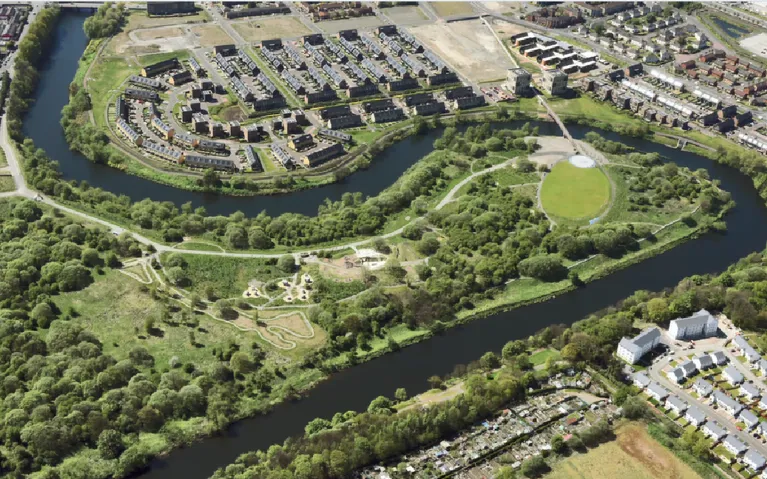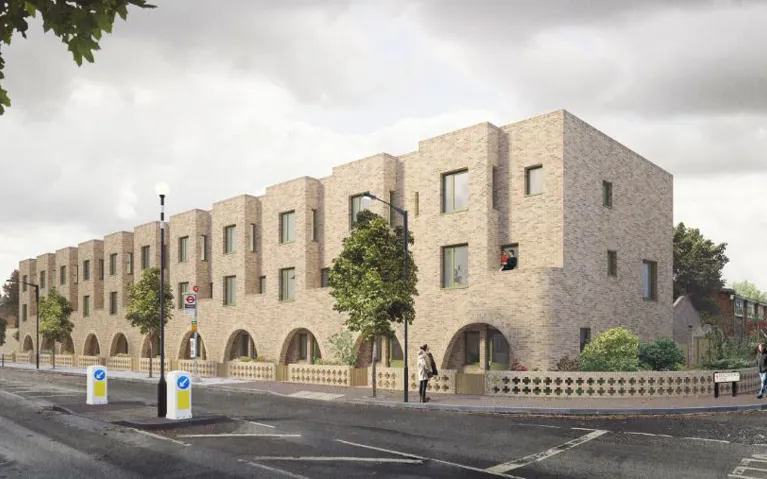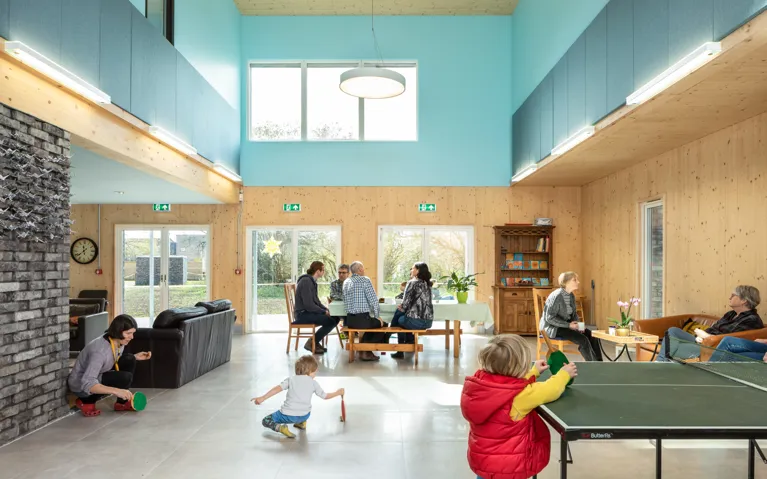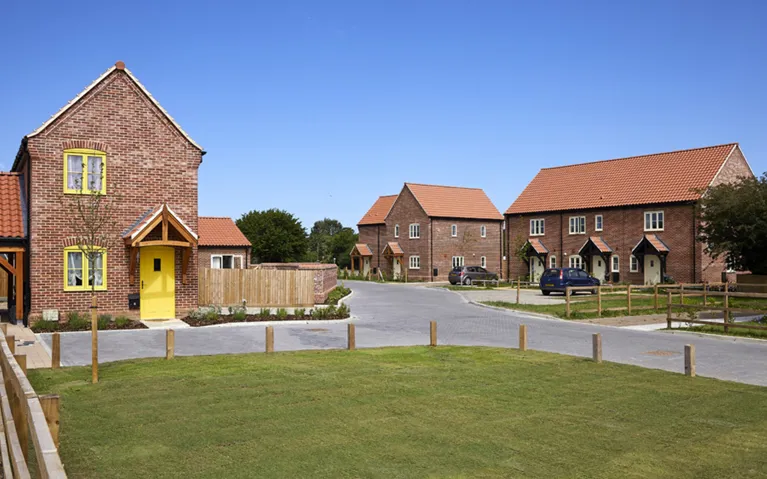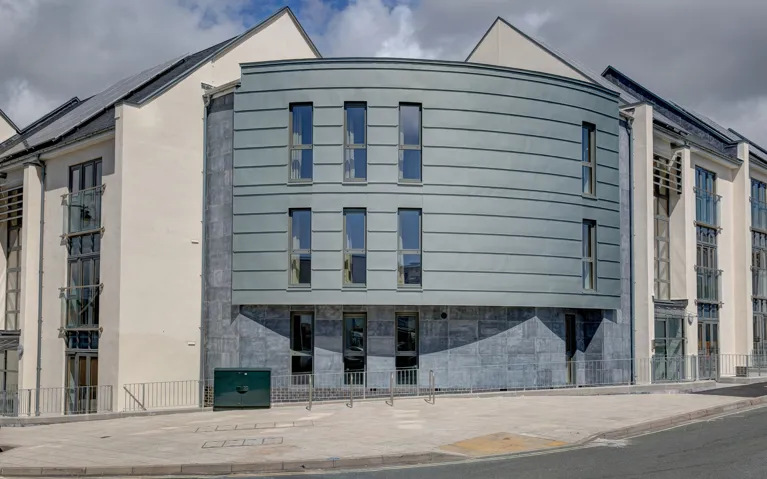The first strategic masterplan
Ibadan City Masterplan
-
Awarded2019
-
CategoryClimate change & environment
-
OutcomeWinner

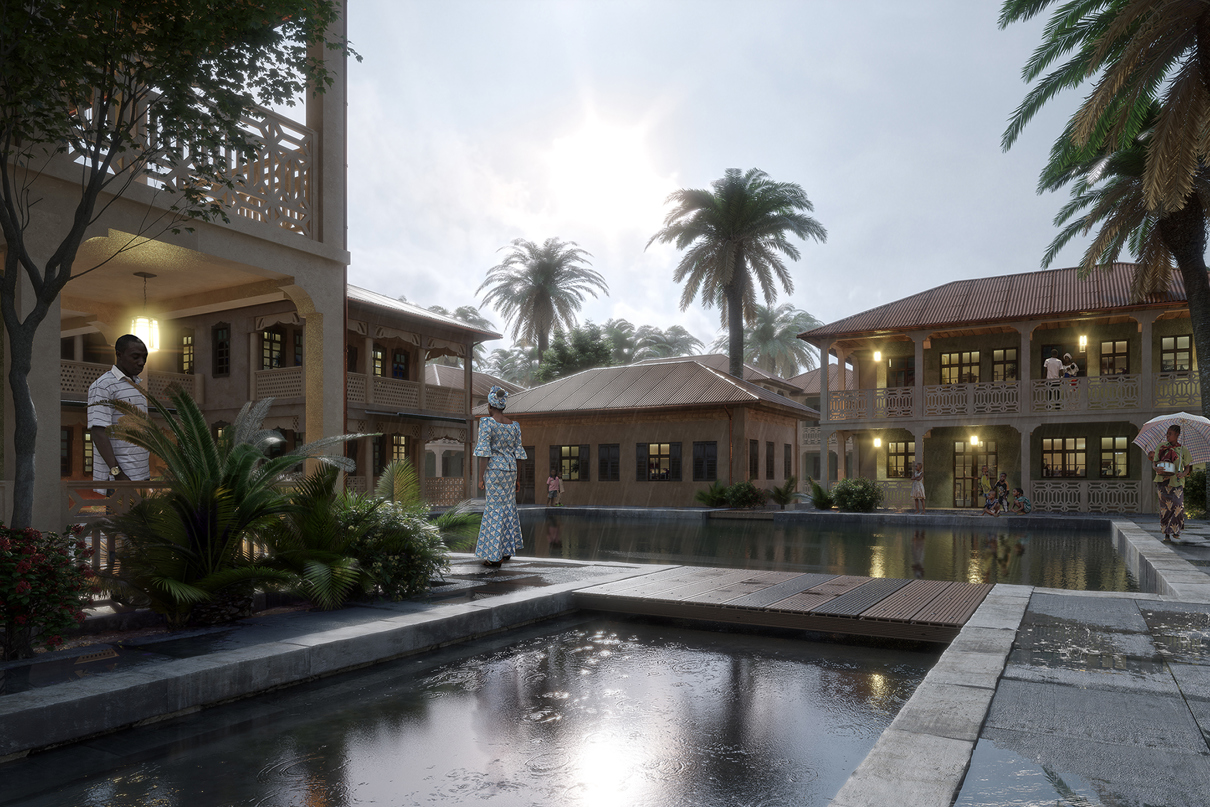

Proof of concept
Mitigating the impacts of climate change
This award was received for the development of the first strategic city-wide masterplan for the city of Ibadan, Nigeria.
Ibadan is regularly affected by flooding which over time has increased in severity. In the absence of a plan to guide its future, Ibadan was unable to respond adequately. In order to address this issue, Oyo State Government, with support from the World Bank, commissioned the city’s first strategic plan.
- For the first time in Ibadan, there is a plan that provides a framework to identify combined needs and a programme for infrastructure.
- The plan provides a much needed strategy that raises the quality of life of its residents and creates opportunities for a thriving business environment.
- Through the plan local capability has been achieved through capacity building training. Those who have the responsibility for delivering the masterplan now have the necessary knowledge and ability to implement it.
Key facts




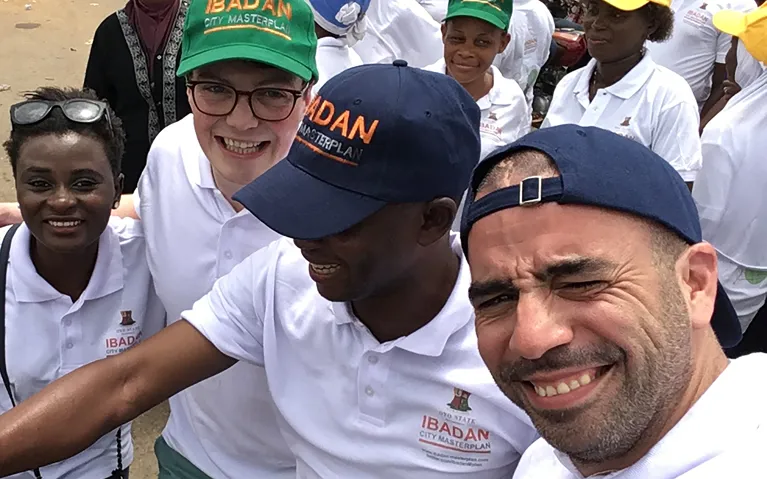


Shifting perceptions of the area
How and why did the project benefit the public?
Stakeholders, which included community group representatives from across the city, were approached as soon as the project was initiated. This was to make it clear that stakeholders were an integral part of the planning process and demonstrate that the plan is one that is owned by the people of Ibadan.
The adoption of a plan provides clarity and certainty to residents and businesses on their premises. While land in Nigeria is ultimately all owned by the State (with some exceptions), a strategic plan confirms to communities the areas that will be redeveloped, regenerated and where future expansion will take place.
This provides a means to confirm security of tenure and ensure that they invest and maintain their properties. The plan also confirms the strategy in infrastructure provision needed to support local communities and ensures that they are well aware of what will be provided.
It promotes reuse and refurbishment of the built environment as a priority and supports it with a strategy to enhance the local skills base so that the community itself can drive this forward.
The plan provides a strategy for economic development, which includes the identification of employment growth sectors. This will ensure there is equitable access to employment opportunities city-wide and encourages local wealth generation.
What were local planners hoping to achieve on the project?
- To protect the existing and proposed urban areas from flood risks.
- To protect the natural environment and recognise the wider benefits of the ecology, which include improving air quality and protecting biodiversity.
- To promote the city’s economy by developing new industries and providing strategic sites for the development of new business opportunities, as well as supporting the local tradition of street trading.
- To improve the overall physical connectivity of the city, both internally and with the neighbouring regions, with sustainable modes of transport.
- To ensure that any new planned development improves social cohesion and causes minimal disruption to existing communities during implementation.
- To guide the direction of growth and ensures that sufficient land is available to accommodate the projected population growth to 11.6 million.
- To protect Ibadan’s rich culture and heritage through policies that promote restoration and repair of historic buildings and sites.

Justifying the need
How were local planners essential to the project’s success?
This was a complex project and critical to its successful delivery was the collaboration of four groups of planners. Through the development of these strong relationships, the planners were able to coordinate with all stakeholders, working with them to address their individual needs and ensure they kept to the project brief and vision.
These four groups included the local office in Ibadan, which was staffed with local planners who were able to offer their local and cultural insight into Ibadan, the planners at the World Bank, who oversaw the process and provided guidance to both Client and Consultant teams.
The Client team at Oyo State Government’s Bureau of Physical Planning and Development Control, were able to successfully engage with the Governor, the House of Assembly, State Government ministries, community groups, NGOs, the academic community, students and businesses, bringing them on-board to ensure their involvement in the process.
Finally, a London based consultant team of international experts, led and managed the development of the strategy, maintained momentum over the 18 months of the project’s development,
On occasion there were more than 100 professionals involved in this project. Crucially planners led the project and ensured that the outputs of the teams were coordinated and that the project was delivered within the agreed 18 month timeframes.
Related case studies



